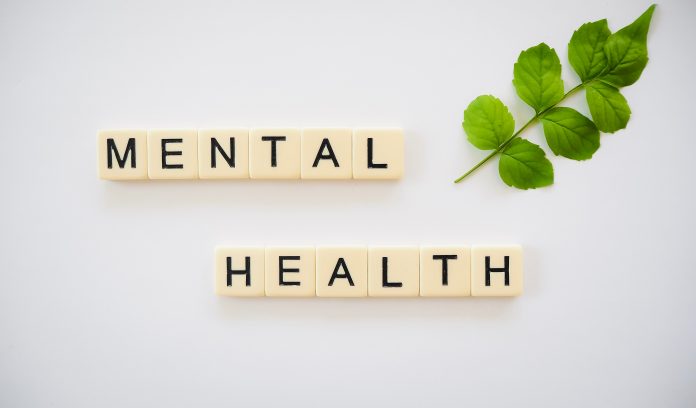We are at the tail-end of Covid-19, with the worst of the pandemic behind us. Most people have returned to work, some choosing to work from home. Isolation, loneliness, anxiety, and depression were a few mental health crises during the pandemic. Have mental health matters resolved now that the worst of the global pandemic is over?
Today, many people decided to continue to work from home. In addition, many college students, like those getting nursing degrees online, opted for web-based degree programs due to the pandemic. Online programs provide flexibility if students or their family members fall ill due to COVID-19 while keeping them safer in a distance learning environment.
Our world became much smaller after COVID-19 with travel restrictions, caretaking demands, increased mental health issues, and homes now serving as schools and offices. So it’s easy to understand why we are still in a mental health pandemic.
This article will explore five ways to improve your mental health after COVID-19 and continue prioritizing wellbeing moving forward.
#1 Meditation
Meditation is a practice that began as early as 5,000 BCE. A 2018 Harvard research study found that daily meditation changed the DNA of case study participants. Researchers noted reduced inflammation, better sleep, and an overall decrease in blood pressure after participants underwent an eight-week meditation course.
There are many free meditation resources online with different approaches. Search for meditations on YouTube and try a few out to see what resonates with you, then make it a part of your daily routine!
#2 Journaling
Journaling after meditation loosens the mind to think about concepts and ideas in new ways. Many people feel more inspired after meditation or less rigid in their opinions. Journaling after meditation is the perfect time to explore your perceptions of the world and see how they differ from thoughts you had before meditation to ideas you have after.
#3 Exercise
Exercise is the best way to get an instant dose of happy hormones that everyone loves. Studies have shown an increase in energy levels and a decrease in anxiety after rigorous physical activity. A brisk walk in the morning, jog, or run is an inexpensive and widely available way to get the heart pumping.
#4 Connection
The pandemic was an eye-opening experience on the importance of connection. Many lost loved ones to the virus or were separated from friends and family working in healthcare, falling ill, or in care facilities.
The good news is that many people realized the value of friendship long before the pandemic ended. Now, people are opening up their social circles and creating communities of like-minded people.
Start by fostering relationships you already have by checking in over the phone and in person. If you struggle to make friends, you can join a club, enroll in a cooking class, or simply ask the person at the cafe what they are reading.
#5 Hobbies
Hobbies are more important than we think. They release more of those ‘happy hormones’ in the brain, ignite our creativity, and inspire us in times of hardship. Hobbies like knitting, painting, kayaking, and singing, among millions of others, connect us with a greater purpose.
The Take-Away
The pandemic hit a reset button on what we hold most valuable. Many of us are taking better care of our mental health after the strain of the past two years. Creating healthy habits like exercise, meditation, and journaling can help decrease symptoms of fear and anxiety. When we reduce symptoms of fear and anxiety, we free more room inside ourselves to establish new and old hobbies and connect with the people we love.
Photo by Total Shape at Pexels
“ Any Web sites linked from Medical News Bulletin site are created by organizations outside of Medical News Bulletin and are the sole responsibility of those organizations. These links are strictly provided by Medical News Bulletin as a convenience to you for additional information only. Medical News Bulletin does not approve or endorse the content on any third-party Web sites and is not responsible for the content of linked third-party sites or third-party advertisements, as well as does not make any representations regarding their content or accuracy. Your use of third-party web sites is at your own risk and subject to the terms and conditions of use as per such sites policies. Medical News Bulletin does not provide specific medical advice, diagnosis or treatment and hereby disclaims any assumption of any of the obligations, claims or liabilities..”



